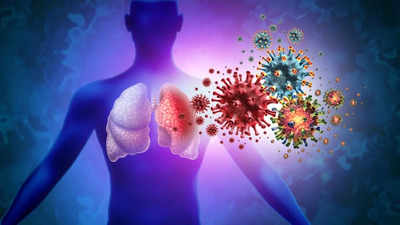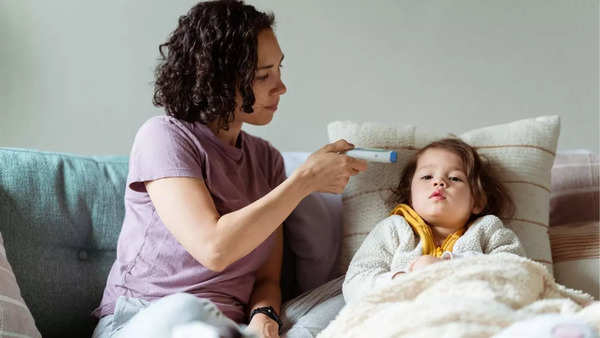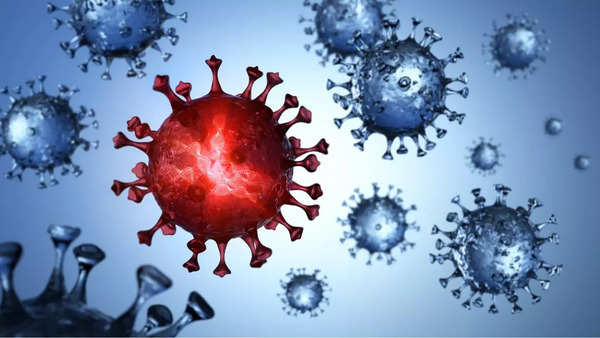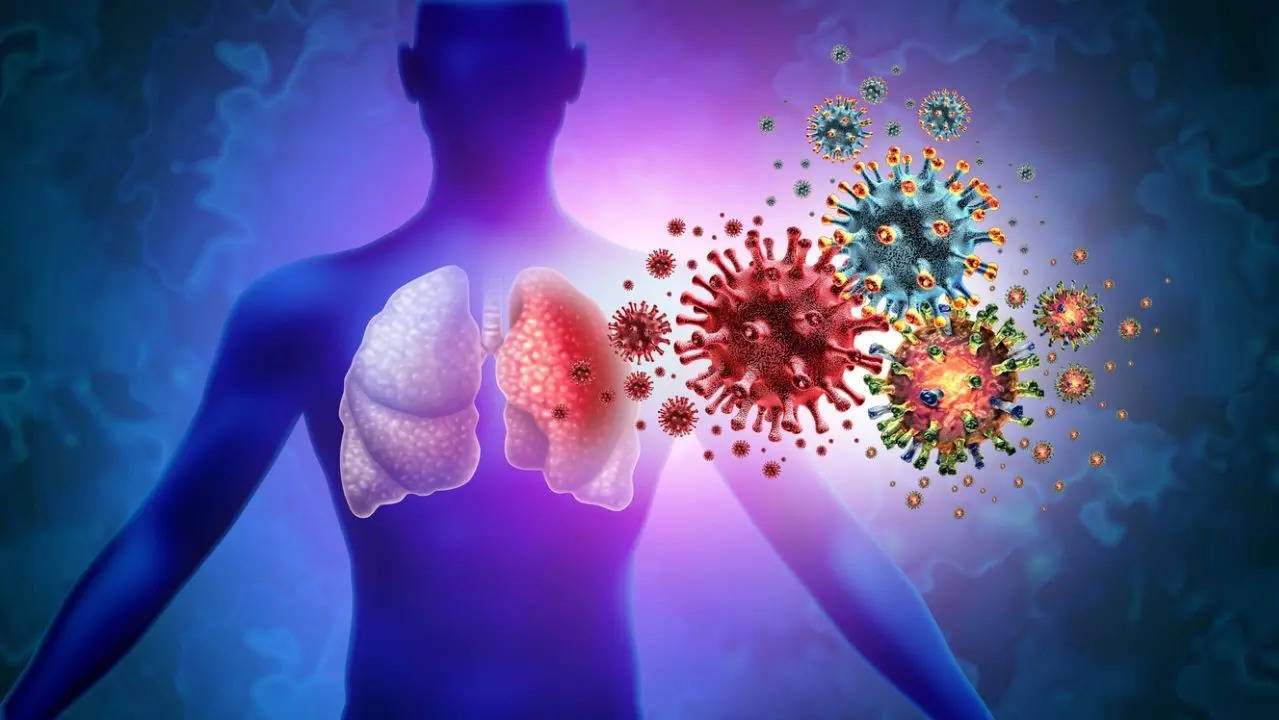Flu season is here and it is important to stay vigilant amid a spike in cases across the country. Respiratory illnesses are surging across New York and the nation, with RSV leading the charge and hitting young children the hardest. As hospitals grapple with rising cases, new data reveals a troubling increase in RSV positivity rates, particularly in New York City, where cases jumped 22% in just one week, according to a report in The City, a local daily of NYC.
According to recent data, Respiratory Syncytial Virus (RSV) is on the rise, especially among young children who are being affected the most. Positive RSV tests have witnessed a 22% increase in the week ending November 30, as per the latest data from laboratories across New York, reports The City. Additionally,
RSV hospitalization rates
in children have also shot up in the past couple of weeks.
On the other hand flu cases have jumped by 47% in the week ending November 30 compared to the previous week. While the infection has spiked the most in New York City and the surrounding areas, hospitalizations are increasing across the state.
Covid-19 cases aren’t so concerning but the signs of the virus’s transmission is on the rise. The infection is picking up in New York City, where wastewater shows that levels are increasing.
National Centers for Disease Control and Prevention data shows that children aged 4 and under currently account for 8% of emergency department visits for Covid-19, flu, or RSV, while adults aged 65 and older account for just 1.4%.
In the wake of an increase in cases of respiratory illnesses, let’s understand the symptoms of each one of them and prevention measures to safeguard kids.
RSV
Respiratory syncytial virus (RSV) is a common respiratory virus that infects the nose, throat, and lungs. It’s usually spread through droplets from an infected person’s cough, sneeze, or kiss, or by touching a contaminated surface and then touching your eyes, nose, or mouth.
There is no treatment for RSV so far, but symptoms can be managed with certain over-the-counter medications. Usually mild, most RSV infections go away on their own. However, the disease can be serious for babies, some young children and older adults.
Pregnant women can receive an RSV vaccine between weeks 32 and 36 of pregnancy, typically from September to January, allowing enough time for antibodies to develop, cross the placenta, and protect infants during their first RSV season. For those who miss this vaccination window, infants can receive monoclonal antibodies (nirsevimab) just before or at the start of RSV season, with studies showing it to be 90% effective in preventing RSV-related hospitalizations. Additionally, RSV vaccines are recommended for adults aged 75 and older, as well as those aged 60–74 who are at higher risk of severe RSV complications.
According to CDC, some common
RSV symptoms
are runny nose, congestion, decrease in appetite, coughing, sneezing, fever, wheezing etc.
Prevention tips
According to American Lung Association, here are some preventive measures you can adopt:
Avoiding close contact with infected people.
Avoiding sharing cups, bottles or toys that may have been contaminated with the virus since the virus can live on surfaces for several hours.
Thoroughly washing hands with soap and water after coming into contact with an infected person
Stay home when you are sick.
Clean frequently touched surfaces.
Flu
Influenza, also known as the flu, is a contagious respiratory disease which can be caused by different strains of viruses. Flu can spread via cough or sneeze. Adults may be able to infect others 1 day before getting symptoms and as long as 5 days after getting sick.
Seasonal flu, H1N1 influenza or swine flu, and avian influenza are some common types of flu. People aged 50 years or older, expecting mothers, those living with a chronic condition, children 6 months and older, are at risk of contracting the virus.
Symptoms
According to American Red Cross, high fever, severe body aches, headache, extreme tiredness, sore throat, cough, runny or stuffy nose, vomiting and/or diarrhea are among the common symptoms of flu.
The severe symptoms of flu include, bacterial pneumonia, dehydration, worsening of chronic medical conditions ear infections, and sinus problems.
Covid-19
Coronavirus disease (Covid-19) is an infectious disease caused by the SARS-CoV-2 virus. It spreads through respiratory droplets and can range from mild symptoms, like fever and cough, to severe complications, including pneumonia and organ failure. Older adults and those with underlying health conditions are at higher risk of severe illness. Covid-19 led to a global pandemic, prompting widespread efforts in vaccination, testing, and public health measures to control its spread.
Symptoms
Dry cough, shortness of breath, loss of taste or smell, extreme tiredness, digestive symptoms such as upset stomach, vomiting or loose stools, called diarrhea, headaches and body or muscle aches, fever, chills,
cold-like symptoms such as congestion, runny nose or sore throat.
Here are some prevention tips to follow for Flu and Covid:
All household members should avoid sharing pens, papers, clothes, towels, sheets, blankets, food or eating utensils unless they have been cleaned between uses.
Disinfect doorknobs, switches, handles, computers, telephones, and other commonly infected surfaces at home or workplace.
Wash everyone’s dishes in the dishwasher or by hand using very hot water and soap.
Wash everyone’s clothes in a standard washing machine as you normally would. Use detergent and very hot water and wash your hands after handling dirty laundry.
Wear disposable gloves when in contact with or cleaning up body fluids.
What you need to know about flu and COVID
I’m Manas Ranjan Sahoo: Founder of “Webtirety Software”. I’m a Full-time Software Professional and an aspiring entrepreneur, dedicated to growing this platform as large as possible. I love to Write Blogs on Software, Mobile applications, Web Technology, eCommerce, SEO, and about My experience with Life.







